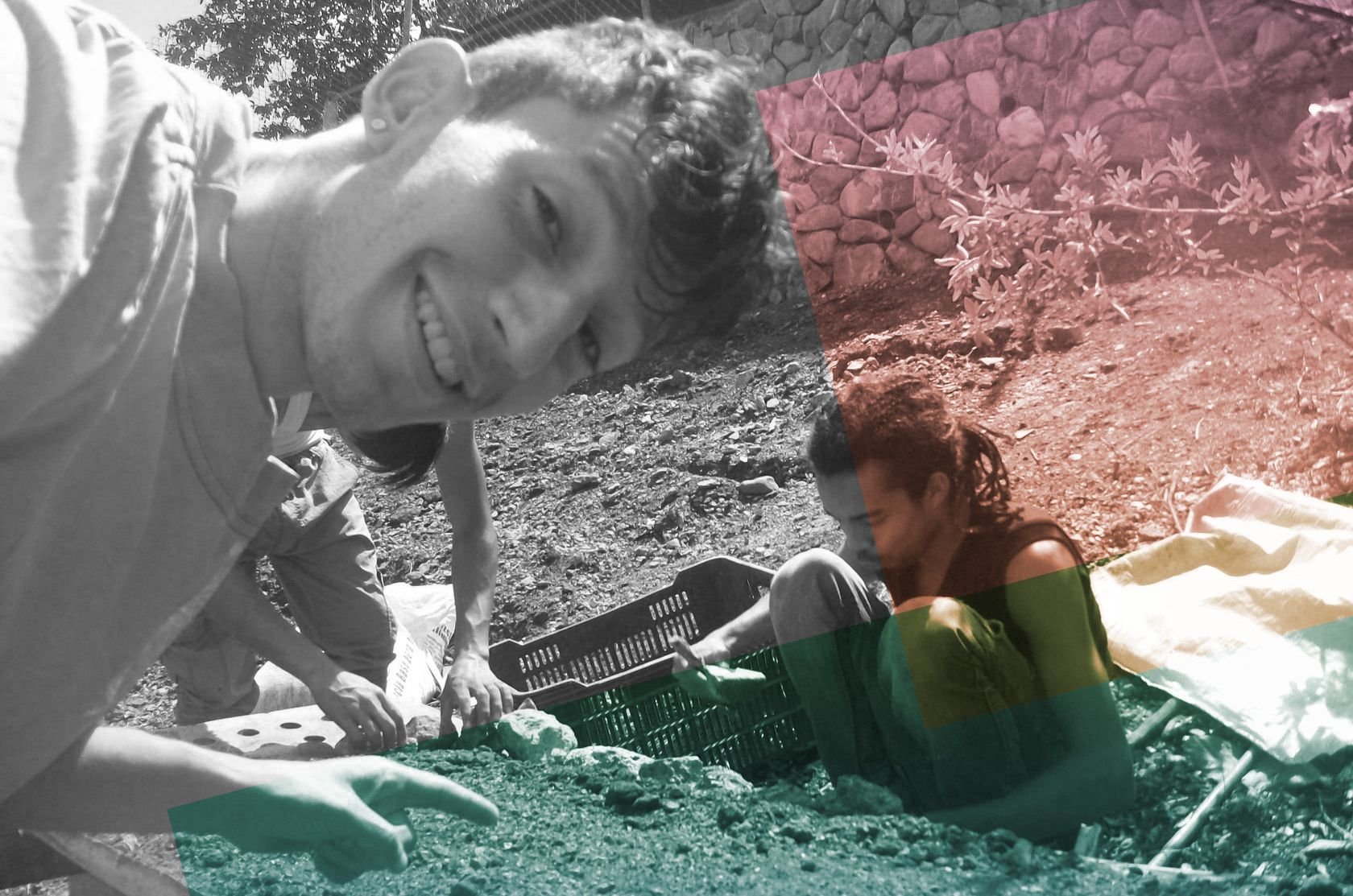
This post is a guest interview with @sndbox incubator member @critic-on. [Guest Authors and Interviewees receive 20% of the SBD post rewards and an opportunity to showcase unique activities, projects or host challenges within the community.]
@sndbox: Hello @critic-on! For Steemians who are unfamiliar with you and your work, tell us a bit about yourself.
Hello, Steemit! I am a citizen of the Bolivarian Republic of Venezuela and graduate of the Polytechnic Territorial University. I have worked as an electrical engineer and have done courses with the INCES, an institution recognized by the International Labour Organization.
When I graduated University at 21 years of age I found myself asking, what will I do next? Should I send my resume to large, typical companies or alternatively, dedicate myself to something different.
After graduation, I was curious about a local movement surrounding productive courtyards. In my hometown, there was a boom of urban agriculture going on. During this movement, people began using their courtyards to cultivate produce and livestock. So during this time after university, I began work in my hometown and alongside my mother where the two of us provided a boost of agricultural and livestock production within our neighborhood. Ultimately, I decided to pursue this route. I sought to find a way of merging my expertise of electrical engineering with practices of community-based agriculture.
@sndbox: Urban agriculture is fascinating! How and where did you get started with this?
As a first step - I took part in a new project located atop El Manzano Hill (part of Iribarren Municipality). This area of 15 hectares had a pleasant mountain climate, at an altitude of 533-657 meters above sea level and nice average temperatures between 23 ° and 36 ° C. This area is bordered the community of Los Sauces (North); and with Rio Claro (South), Cabudare (East); and Concepción parish (West). The settlement itself is semi-urban, and adjacent to the central town of Barquisimeto (Iribarren municipality), 23.03 km from Cabudare (Palavecino municipality) and 15 km from small settlements in Rio Claro.

Satellite images of the community (here)

The morphology of the area is characterized by a mountainous relief. The soils are rich with 40 cm limestone and have good drainage in the South zone of the city of Barquisimeto. It also has differentiated vegetation between winter and summer, and with a humidity that can reach a maximum of 30 ° C. The predominant plant species are of high stature typical of humid forest climates such as Cedro, Araguaney, Acacias, Caujaro, different types of Orchids, there is presence of Venezuelan yellow oak, as well as trees brought from other climates and that have had good adaptation like Eucalyptus, Nin. Additionally, there are fruit trees planted in the plots by the people of the sector such as Guanábana, diversity of mangoes, mandarin, oranges, avocados and ornamental species such as bamboo.
Due to the quality of soil and connectivity of roadways, the area is a strong candidate to host livestock, and agricultural activities. Lastly, the population of the Rio Cenizo Communal Council area is approximately 1,200 inhabitants.
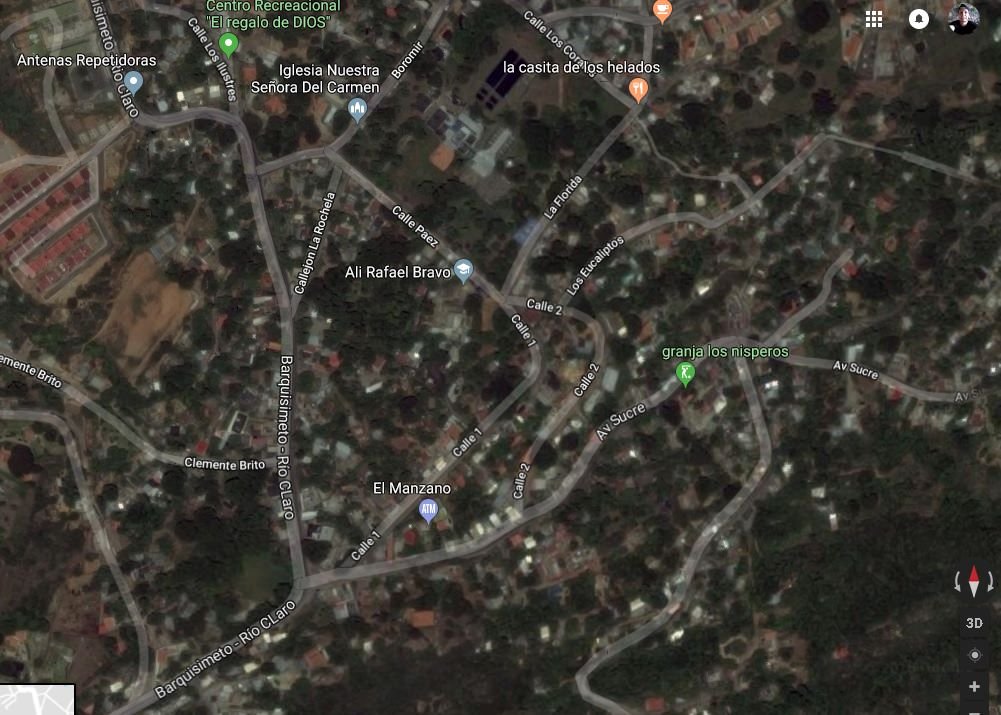
Satellite images of the community (here)

@sndbox: Tell us about what you are working on now and what kinds of issues you're tackling.
In the El Manzano community today, there are idle children who abandon their studies because they can not find support in their environment to advance their training. My work with Unidad Productiva Familiar (UPF) and integral farming looks to help people establish small urban gardens that include animal husbandry.
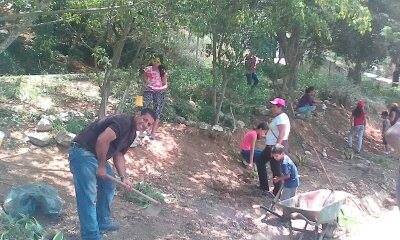
Environmental activities directed by the U.P.F "Las Plazuelas" (here)

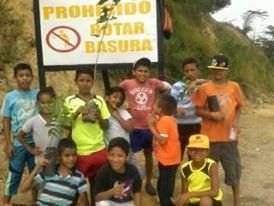
Integrating children to ecological community work (here)

The neglect of the environment and the mistreatment of men over their natural resources and sources have become one of the biggest problems of the contemporary world and a concern for politicians, environmentalists, ecologists, non-governmental organizations and scientific institutions.
Of the main global environmental problems that currently affect the human species, we have:
- Climate change.
- Depletion of the stratospheric ozone layer.
- Environmental pollution.
- The degradation of the soil.
- The loss of biological diversity.
- The cost of food production.
By more efficiently using scarce resources (natural, social and financial), we can begin to minimize negative environmental impact. Future strategies must therefore have a twofold objective: to facilitate the long-term transformation of food production by using resources in a sustainable and ecological manner and mitigate the possible harmful effects in the short-term.
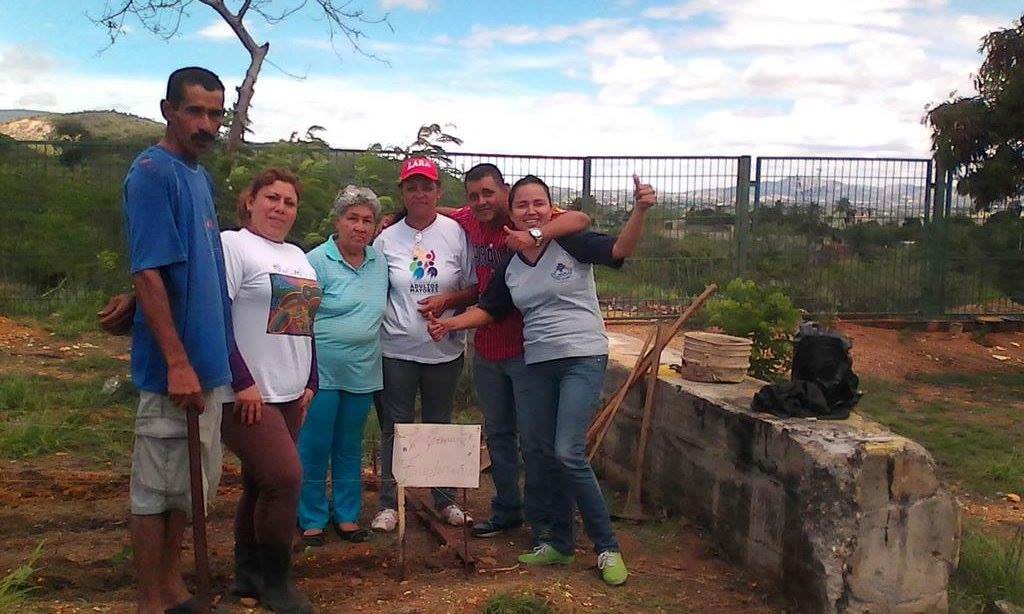
Supporting community partners U.P.F "las plazuelas" (here)

As such, we've looked at understanding and dealing with the following aspects -
- Reduce the effects of pollution and degradation of resources
- Social and economic feasibility
- The efficient use of resources
- Regulation and biotic stability
- Soil protection
- Nutrient recycling
- Water cycle
- Environmental stability
- Raise production and productivity
@sndbox: How do you think this will benefit the community and individuals?
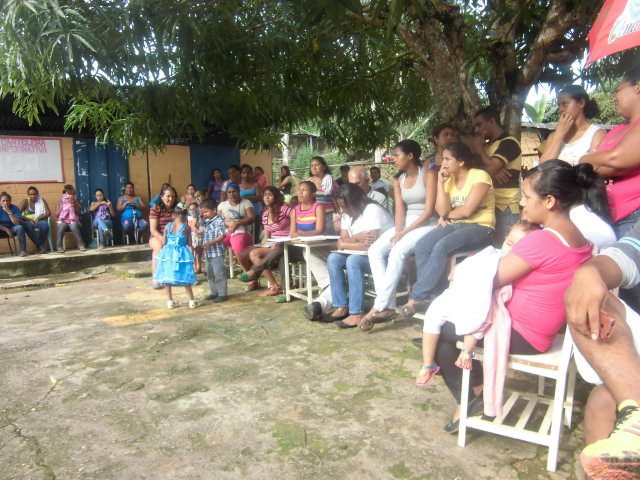
Benefited population will be the community (here)

The most important benefit is the goal of a healthy diet by incorporating a lifestyle integrated with animal and plant life. We hope the project will contribute to the production of pork for feeding the inhabitants of the Communal Council Rio Cenizo while using animal products and waste efficiently will promote the independence of self-sustaining communities.
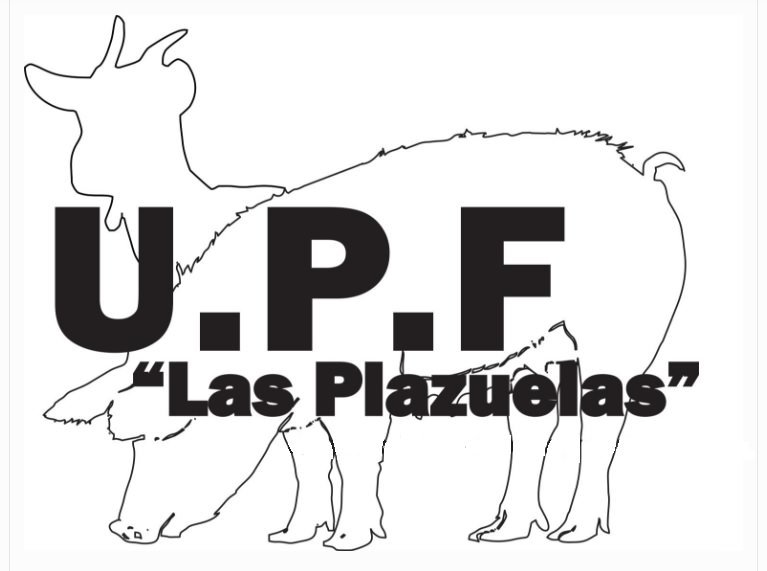
Logo that identifies the family production unit (here)

With a gathering of community leaders around this type of production, we established the Family Production Unit "LAS PLAZUELAS." The organization helps others learn about the process as well as establishing government collaborative links and programs.

Training and recruitment of producers, farmers and the community in general (here)

@sndbox: What's in the near future for your organization?
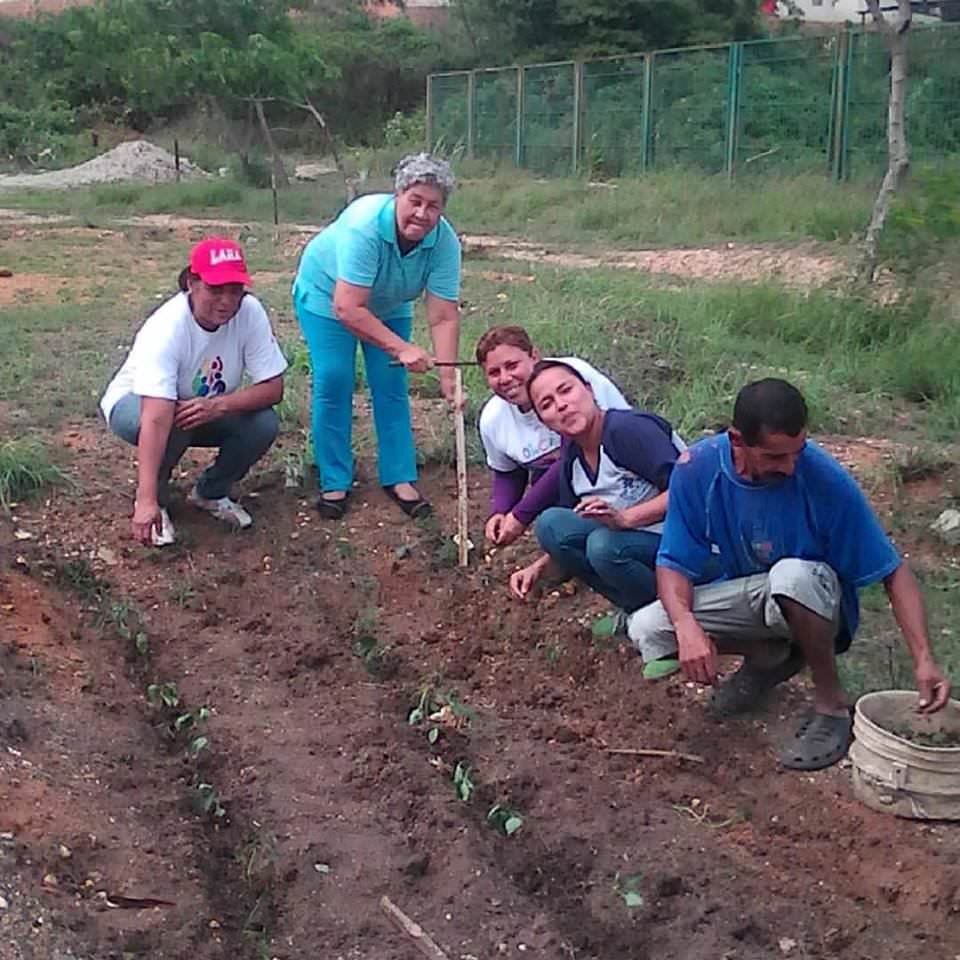
Working in the community, for a world ( here)

We have set ourselves the goal of helping other experiences learn about "agroecological" production and animal husbandry. We hope that this helps alleviate other social ills as well, especially amongst the youth, for example the consumption of narcotics, juvenile delinquency, and so on. We believe firmly in a healthy mind and a healthy body. These new experiences will hopefully nurture a different kind of community and create a better vision for the world.
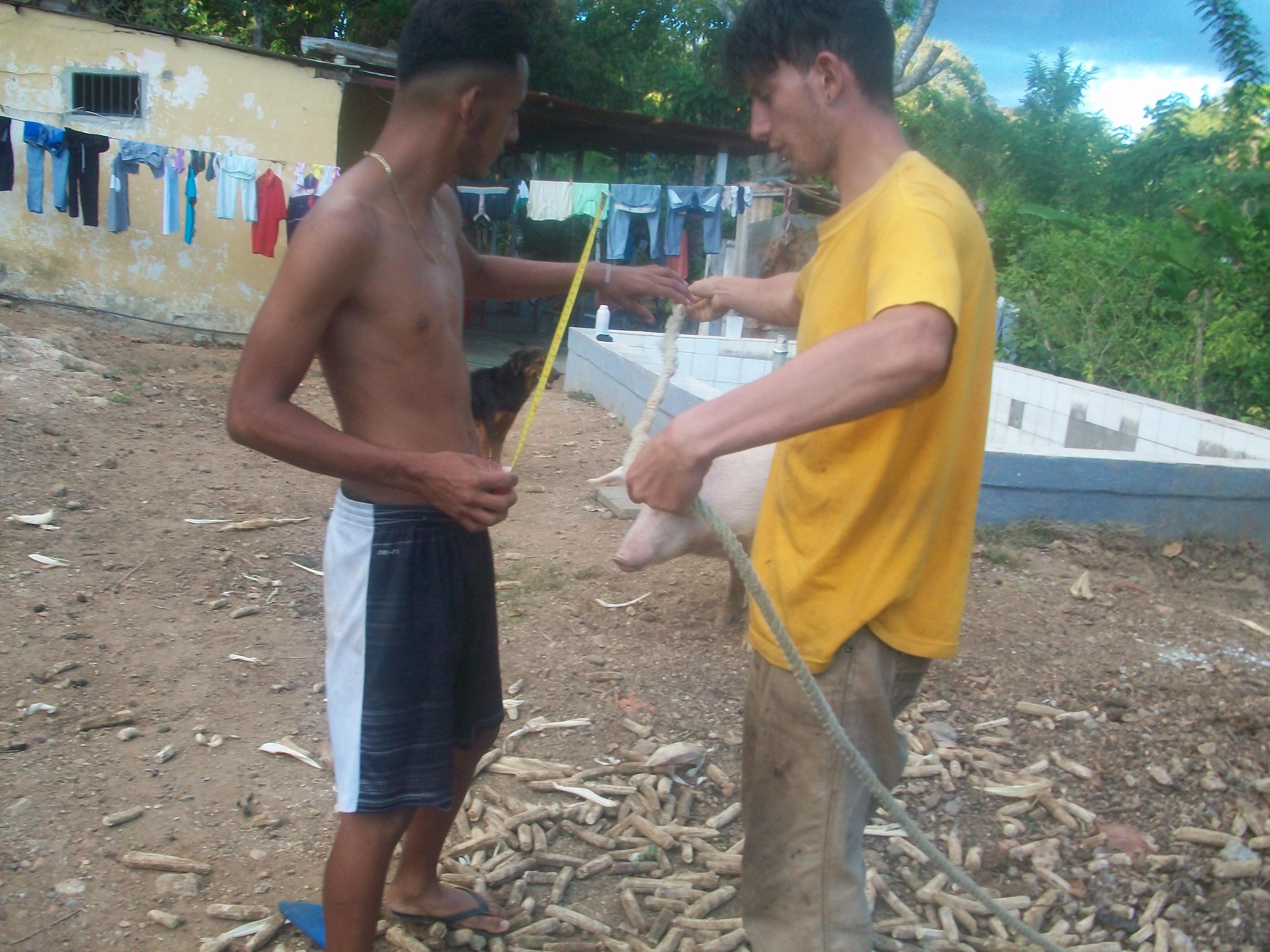
Advice to producers in general (here)

Thank you @critic-on for this interview! We encourage other Steemians to learn about his account dedicated to homesteading and urban agriculture.
Want to support Steemit authors like these? Consider joining our curation trail! You can learn more about the @sndbox incubator mission and 2018 program here.


